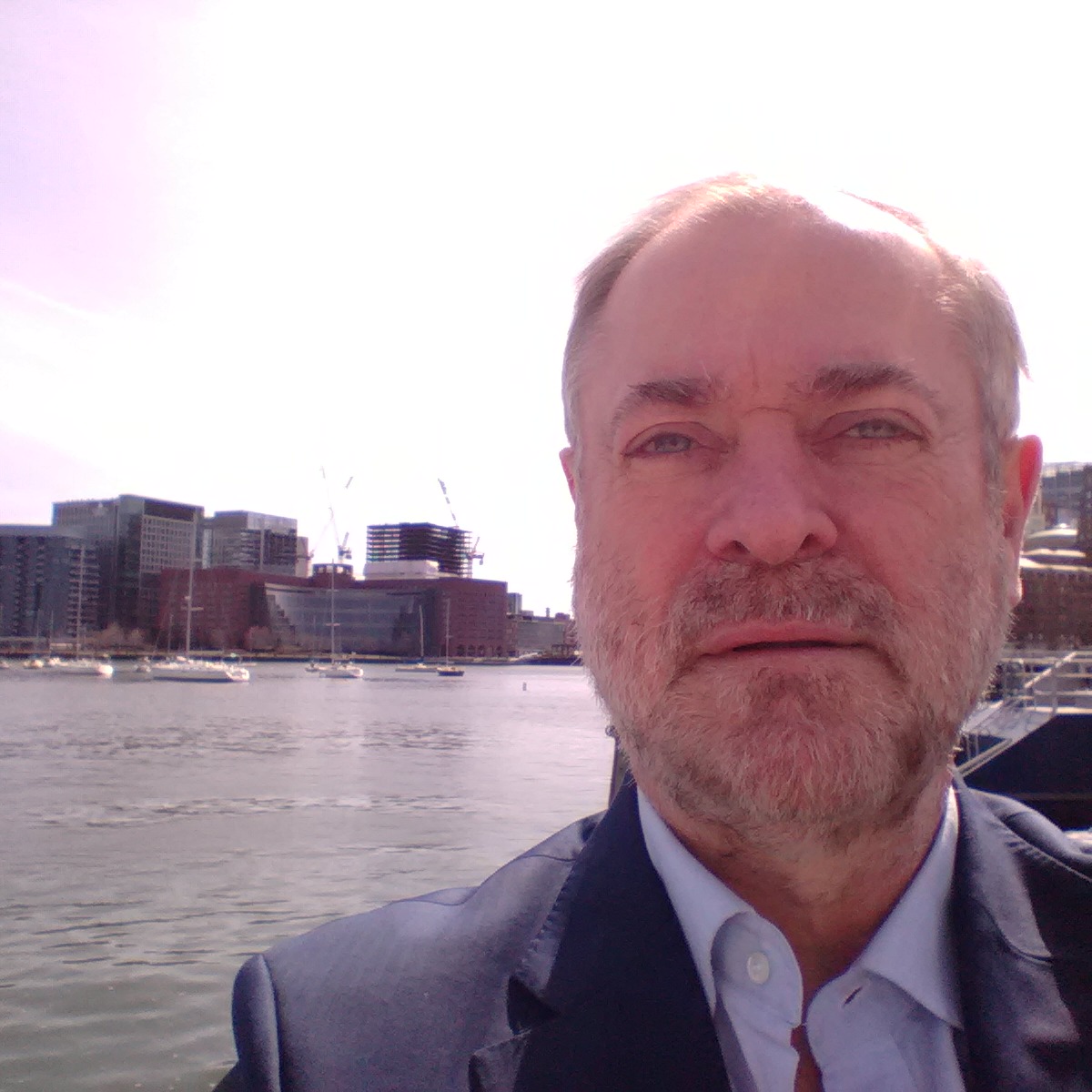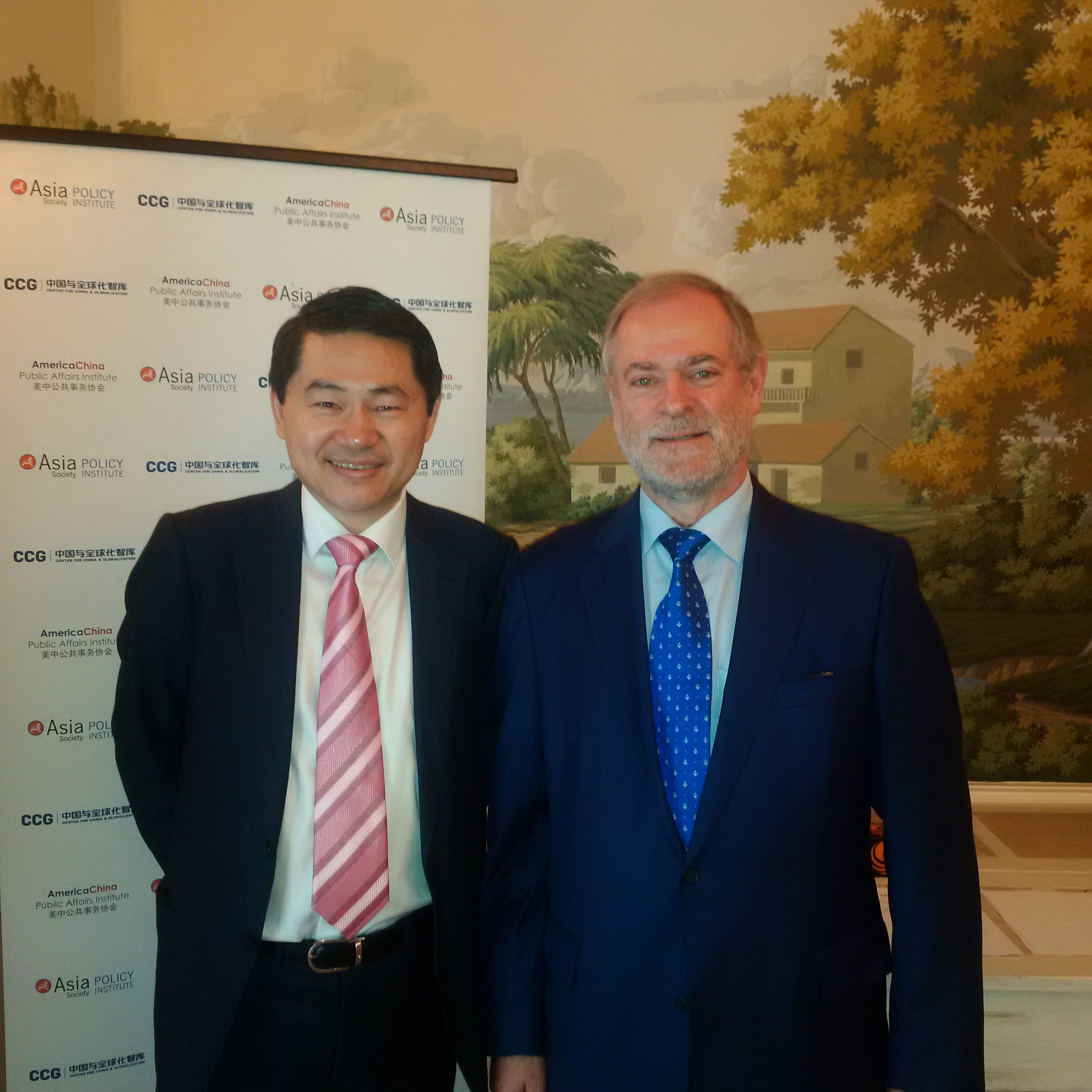Der Ausspruch von Bundeskanzlerin Angela Merkel auf einer Pressekonferenz am 31. August 2015 “Wir schaffen das!” angesichts einer eskalierenden Flüchtlingsfrage hat bereits legendären Charakter. Mit dem vorgeblich niederschmetternden Wahlergebnis zur Landtagswahl in Mecklenburg-Vorpommern vom vergangenen Sonntag, das die CDU hinter der AFD nur zur drittstärksten Kraft macht, sehen viele die Kanzlerin vor den Scherben ihrer Migrationspolitik.
Von den 1,6 Millionen Einwohnern des Landes, das jetzt so viel Aufmerksamkeit auf sich zieht, sind 65 Tausend Ausländer. Das ergibt gerade mal 4% und liegt weit unter dem Bundesdurchschnitt von 11%. Wie die anderen ostdeutschen Bundesländer auch hat Mecklenburg-Vorpommern gar keine nennenswerte Zahl an Migranten. Dennoch ist die politisch geschürte Stimmung groß.
Doch an den realen Machtverhältnissen ändert sich wahrscheinlich gar nichts. Die Fortsetzung der großen Koalition gilt als die wahrscheinlichste Lösung.
Zur Positionierung der Kanzlerin in der Flüchtlings- und Migrationsfrage “Wir schaffen das” gab es und gibt es aber gar keine Alternative. Relativ zu der Aufnahmefähigkeit des Landes und seiner Wirtschaft sind die Zuwanderungszahlen zwar hoch und die Herausforderung besteht in der kurzfristigen Reaktion auf stark gewachsene Flüchtlingsströme. Sie sind zwar groß, werden aber in ihrer Bedeutung für Gesellschaft, Wirtschaft und Arbeitsmarkt dramatisiert, sind also letzlich tragbar, wenn die Hausaufgaben gemacht werden. Das Problem war zuletzt nur, dass Deutschland auf die Entwicklung nicht hinreichend vorbereitet war.
In der Globalisierung nehmen die Potenziale für Arbeitsmigration und Flucht dauerhaft erheblich zu. Das müssen wir endlich zur Kenntnis nehmen und uns darauf einstellen. Unserer Geschichte ist die Übernahme von Verantwortung bei der Flüchtlingsfrage angemessen. Sie liefert auch langfristig das richtige Signal eines offenen Landes, das von der Lösung der Herausforderungen der Welt profitiert. Die derzeitige Sonderrolle Deutschlands in Europa entspricht also unserer historischen Verpflichtung, der Stärke von Wirtschaft und Arbeitsmarkt und unseren langfristigen Interessen an einer offenen Welt. Deutschland braucht dauerhaft mehr Zuwanderung.
Die politischen Spannungen um die Migrationsthematik sind trotz der immer noch bescheidenen, also relativ geringen Problemlage nicht überraschend. Die Thematik war und ist in den meisten Ländern sensitiv, dort selbst auch bei erheblich geringeren Zahlen. Das betrifft also nicht nur Deutschland, sondern bsw. auch Österreich, England und die USA.
Deutschland wird in der Krise besser bei der Unterbringung der Flüchtlinge, der Verwaltung und der Bildungsintegration. Die Mobilisierung der freiwilligen Helfer ist gelungen und muss zu einer ständigen Einrichtung werden.
Probleme bestehen weiter mit der geringen Geschwindigkeit der Asylverfahren, einer unzureichenden Abschiebepraxis abgelehnter Asylbewerber und einer zu geringen Integration in eine nervöse Gesellschaft und den stabilen Arbeitsmarkt. Flüchtlinge sollten frühzeitig dort leben können, wo sie Arbeit finden.
Viele offene Fragen existieren in den auswärtigen Beziehungen: Europa wird erheblich Schaden erleiden, wenn es nach den deutschen Vorleistungen nicht zu einer größeren Solidarität in der Flüchtlingspolitik kommt. Das bedeutet, daß alle Staaten Aufnahmekontingente nach ihrer Leistungsfähigkeit bereitstellen müssen.
Und die Mittelmeerpolitik braucht größere Aufmerksamkeit. Griechenland, Italien und Spanien müssen größere Verantwortung bei der Erstaufnahme von Flüchtlingen übernehmen, denn die Südgrenzen Europas sind nicht zu schließen. Der Türkei-Deal ist brüchig und schafft nur eine Pause, denn der Fluchtdruck sucht sich andere Wege. Die Regelungen zu sicheren Drittstaaten in Nordafrika muß überdacht werden und diesen Staaten muß dauerhaft stärker bei der wirtschaftlichen Entwicklung geholfen werden.
Die Kanzlerin hält deshalb den richtigen Kurs. Alle Beteiligten müssen nur ihre Hausaufgaben machen.
Klaus F. Zimmermann, Wirtschaftsprofessor der Universität Bonn, arbeitete zuletzt am Center for European Studies der Harvard University. Seit 1. September 2016 ist er im Economics Department der Princeton University tätig. Gleichzeitig leitet er ein Zentrum für Arbeit, Entwicklung und Migration bei UNU-MERIT in Maastricht.

Boston Waterfront
ENDS












